"I Was Afraid to Be Associated With My Brand"—What It's Like to Be an Asian American Founder Today
As COVID-19 ravaged the nation, Sarah Paiji Yoo and her sustainable cleaning product company, Blueland, were subjected to increasingly derogatory and racist remarks—some from customers. She shares her story.
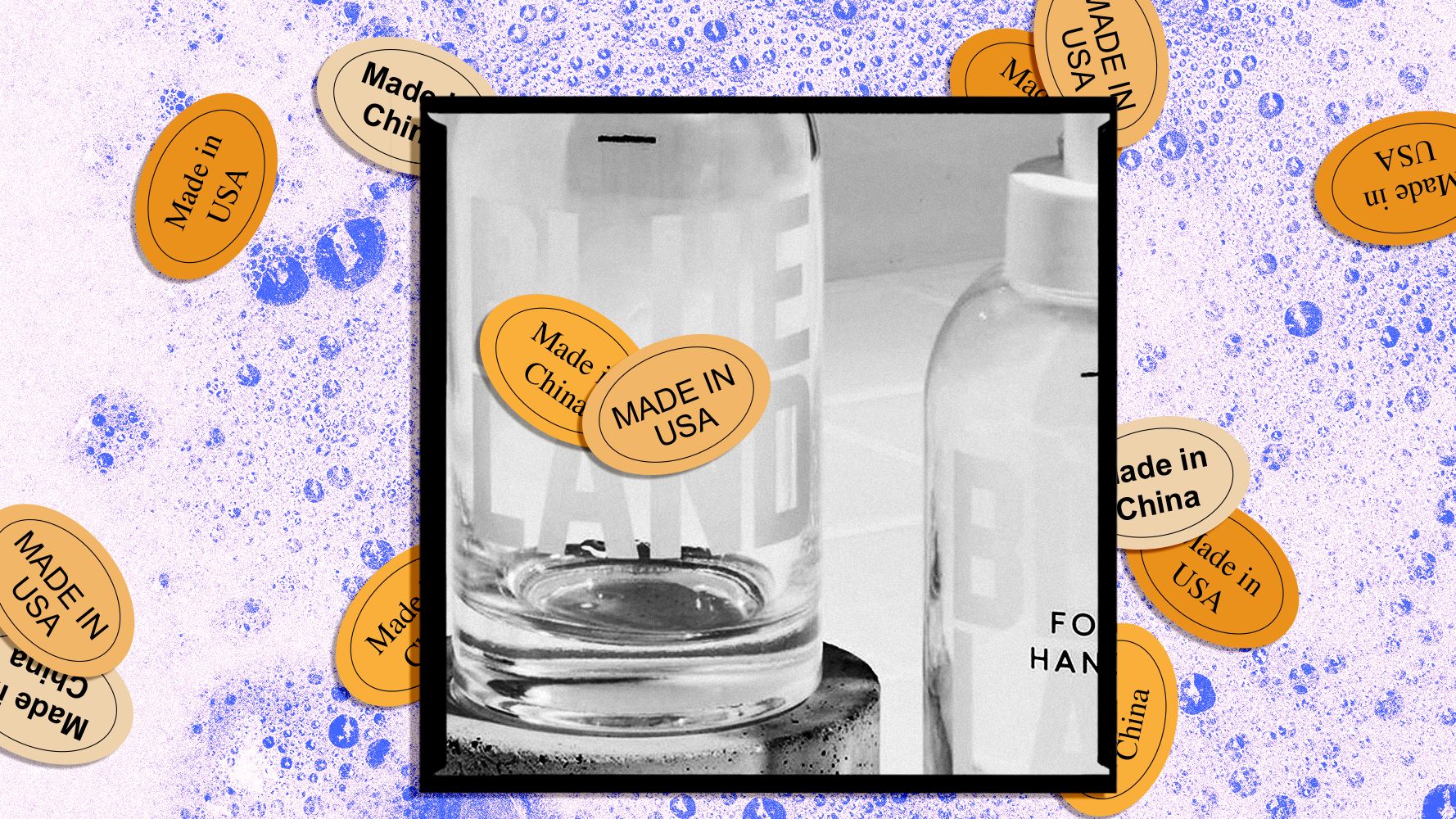
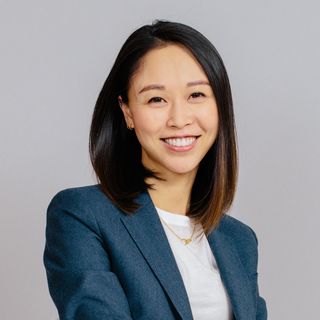
In the second week of March 2020, I felt the world shift under my feet. Online orders for my business' products were up 300 percent compared to the previous month, but our factories told us they were shutting down. My mom called me in a panic, urging me to pull my son out of school, and to stock up on masks—something I hadn’t ever thought I’d wear in America. And for the first time since I was on the playground, I was called a chink—by a customer, no less.
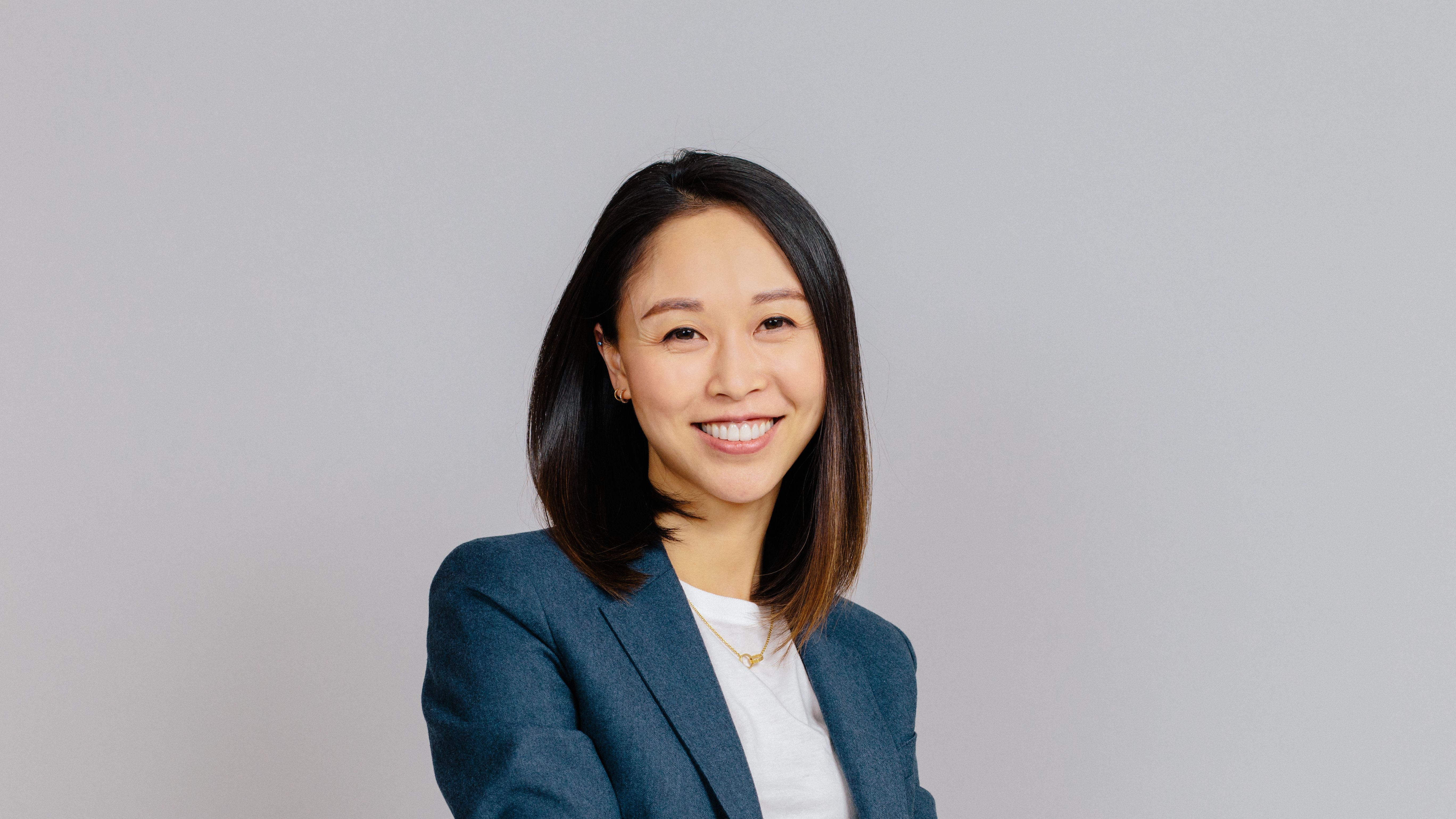
Sarah Paiji Yoo, founder of Blueland
My sustainable cleaning products company Blueland was born out of my identities as a mom and an environmentalist; it had nothing to do with being an Asian-American woman. But since the rise of COVID-19 in the U.S., my “Asianness” has been inextricably tied to my company. On social media and through email, the brand was inundated with derogatory comments about my race as well as about the manufacturers we use in China. This pandemic has brought with it fear, economic insecurity, and an emboldening of Americans to vocalize the most hateful and extreme opinions they have about their neighbors, much of it aimed toward Asian-Americans like myself.
In the last 18 months, Blueland has received 1,500 comments on social media about how we should be ashamed of our employees and our manufacturing practices. Many are explicitly hateful: “I wouldn’t buy from a chink anyways” and “Don’t you think we’ve gotten enough from China?” For the first time in my career, I’ve wondered whether associating my name and my face with my company would be a safety concern for my family. That fear makes my heart ache.
There’s another kind of comment that might seem innocuous at first glance, but is just as uninformed: “Yes, I figured they were made in China. Not buying your product,” wrote one person on Facebook. Comments like this come from a point of view that had already festered before COVID, part of America's long and conflicted relationship with China. I’d like to be clear—these ideas are also deeply racist.
There’s a belief among consumers that products that are “Made in China” are shoddy, toxic, and unethical. This perception, first made popular in the ‘80s, might have been true 30 years ago when Chinese manufacturing capabilities were far behind America’s. But today, Chinese factories are often equipped with the technology and capabilities to produce certain products at the utmost level of quality and in quantities that businesses need.
Since the start of the pandemic, Blueland has received 1,500 emails and comments about how we should be ashamed of our employees and our manufacturing practices.
The "Made in China" issue underscores a broader social and economic concern. There’s absolutely an opportunity to reinvest in American manufacturing. The U.S. needs the infrastructure to produce higher-quality products at more reasonable costs; keeping the supply chain local is good for our economy as well as our environment. However, the reality is that we are far from achieving that and a company like mine exists inside a larger ecosystem of supply chains and manufacturing capabilities. Working globally is the only way to create the quality and scale our customers demand at an accessible price point. There’s a long list of brands known for their quality, safety, and ethics that choose to manufacture in China, including Patagonia, Dove, BabyBjorn, Toms, Ikea, and Apple, just to name a few. The difference is that these companies don’t have an Asian American leading them.
Even from peers and fellow business leaders, we’ve been told to minimize the truth about our supply chain. Investors have suggested we focus on how our cleaning formulas are manufactured in the U.S., or that we highlight that our products are designed in California. But denying China’s manufacturing prowess is a form of exclusion and racism at its core.
Stay In The Know
Get exclusive access to fashion and beauty trends, hot-off-the-press celebrity news, and more.
In the last year, this sentiment has been overlaid onto Asian people, including myself. A sentiment that says we are also shoddy, toxic, and unethical. Many see Asians as a threat to their own family’s health. Trump repeatedly used the coronavirus to denigrate Asians— calling it the “Kung Flu” at his rallies, while he and most of his constituents refused to wear masks to prevent infecting one another.
Given this rise in rhetoric, it’s perhaps no surprise that there has been a sharp rise in verbal and physical hate crimes against Asian-Americans across the nation. While it’s horrifying to witness this type of bigotry in this century, the sad truth is that Asian-American's have historically been wrongly and offensively linked to disease and disloyalty. It’s not just part of a shameful past, but a living part of our present.
In response, I started pulling back from appearing in social media posts for Blueland and found myself suggesting we use our social media manager, who is white, for our demo videos and ads. When our creative team suggested using an Asian-American model as the only model for a product shoot, I hesitated. I didn’t want to expose the model to the same racist attention that I'd experienced. And to my shame, I realized I'd started playing into this racist framework when my intention had always been to do the opposite.
COVID-19 has rearranged people’s priorities. It’s become apparent that nothing is more important than you and your family’s health. That is one of the reasons why my company is experiencing a boom in relevance and sales. Blueland’s products speak for themselves without me as a spokesperson or our team manipulating marketing materials to exaggerate patriotism. But as a consumer, I know that I value companies that stand up for their beliefs, even if it makes them unpopular with the majority. How I treat my teams, my partners, and my customers should match my values.
My products keep people healthy. Some parts are “Made in China.” I am a proud Asian-American businesswoman. Some might believe that these three facets of my business are contradictory, but I’m beginning to understand how these truths support each other. If being honest means leaving behind some consumers, losing potential investors, or slowing our company’s growth, I willingly accept that. In fact, I celebrate it. I know it’s the right thing to do to protect our country’s health—environmentally and morally.
Sarah Paiji Yoo is CEO and Co-Founder of Blueland, which is reimagining cleaning products to eliminate single-use plastic packaging.
RELATED STORY
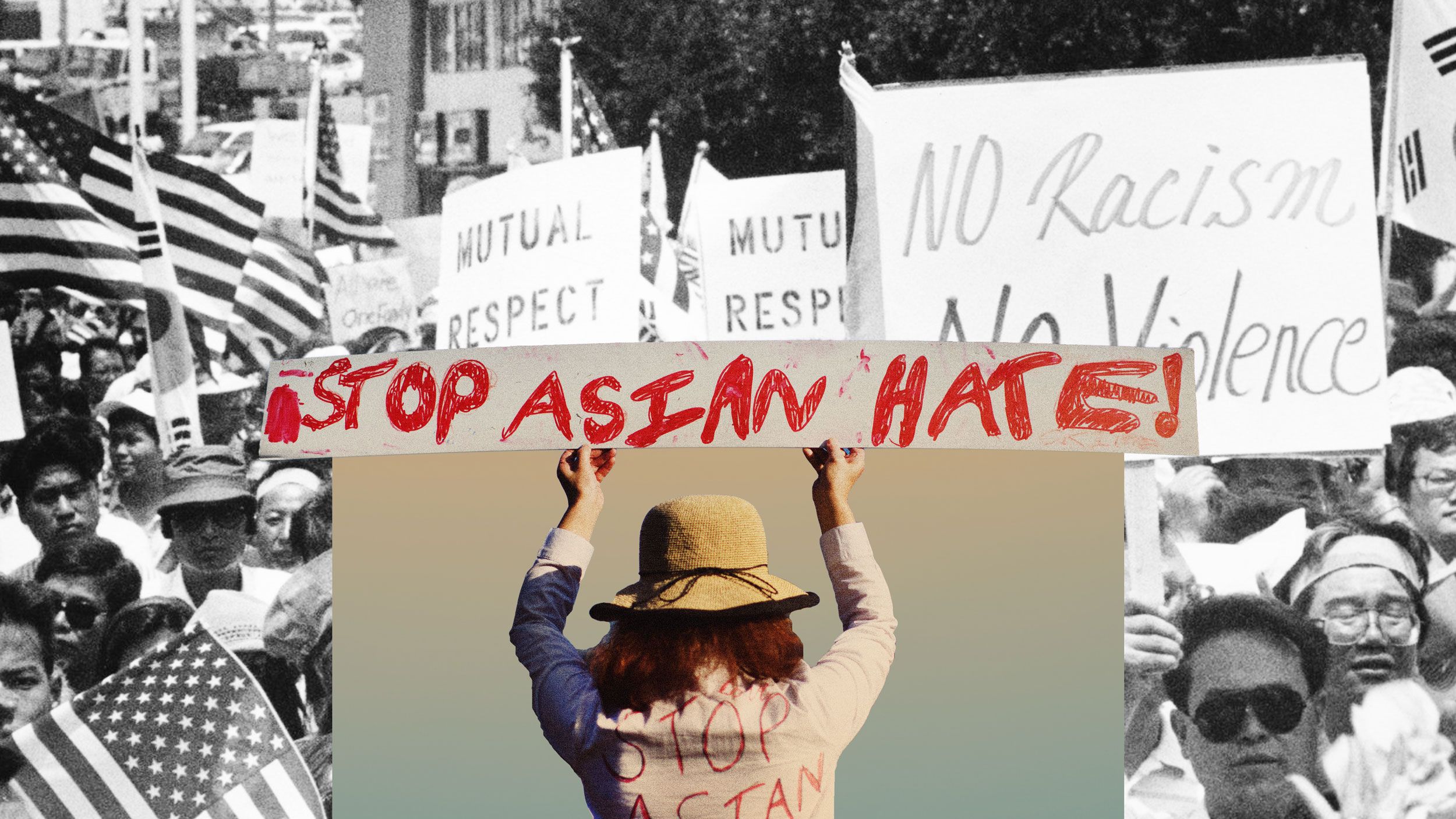
-
 Princess Anne's Unexpected Suggestion About Mike Tindall's Nose
Princess Anne's Unexpected Suggestion About Mike Tindall's Nose"Princess Anne asked me if I'd have the surgery."
By Amy Mackelden Published
-
 Queen Elizabeth's "Disapproving" Royal Wedding Comment
Queen Elizabeth's "Disapproving" Royal Wedding CommentShe reportedly had lots of nice things to say, too.
By Amy Mackelden Published
-
 Palace Employees "Tried" to Get King Charles to "Slow Down"
Palace Employees "Tried" to Get King Charles to "Slow Down""Now he wants to do more and more and more. That's the problem."
By Amy Mackelden Published
-
 Peloton’s Selena Samuela on Turning Tragedy Into Strength
Peloton’s Selena Samuela on Turning Tragedy Into StrengthBefore becoming a powerhouse cycling instructor, Selena Samuela was an immigrant trying to adjust to new environments and new versions of herself.
By Emily Tisch Sussman Published
-
 This Mutual Fund Firm Is Helping to Create a More Sustainable Future
This Mutual Fund Firm Is Helping to Create a More Sustainable FutureAmy Domini and her firm, Domini Impact Investments LLC, are inspiring a greater and greener world—one investor at a time.
By Sponsored Published
-
 Power Players Build on Success
Power Players Build on Success"The New Normal" left some brands stronger than ever. We asked then what lies ahead.
By Maria Ricapito Published
-
 Don't Stress! You Can Get in Good Shape Money-wise
Don't Stress! You Can Get in Good Shape Money-wiseFeatures Yes, maybe you eat paleo and have mastered crow pose, but do you practice financial wellness?
By Sallie Krawcheck Published
-
 The Book Club Revolution
The Book Club RevolutionLots of women are voracious readers. Other women are capitalizing on that.
By Lily Herman Published
-
 The Future of Women and Work
The Future of Women and WorkThe pandemic has completely upended how we do our jobs. This is Marie Claire's guide to navigating your career in a COVID-19 world.
By Megan DiTrolio Published
-
 Black-Owned Coworking Spaces Are Providing a Safe Haven for POC
Black-Owned Coworking Spaces Are Providing a Safe Haven for POCFor people of color, many of whom prefer to WFH, inclusive coworking spaces don't just offer a place to work—they cultivate community.
By Megan DiTrolio Published
-
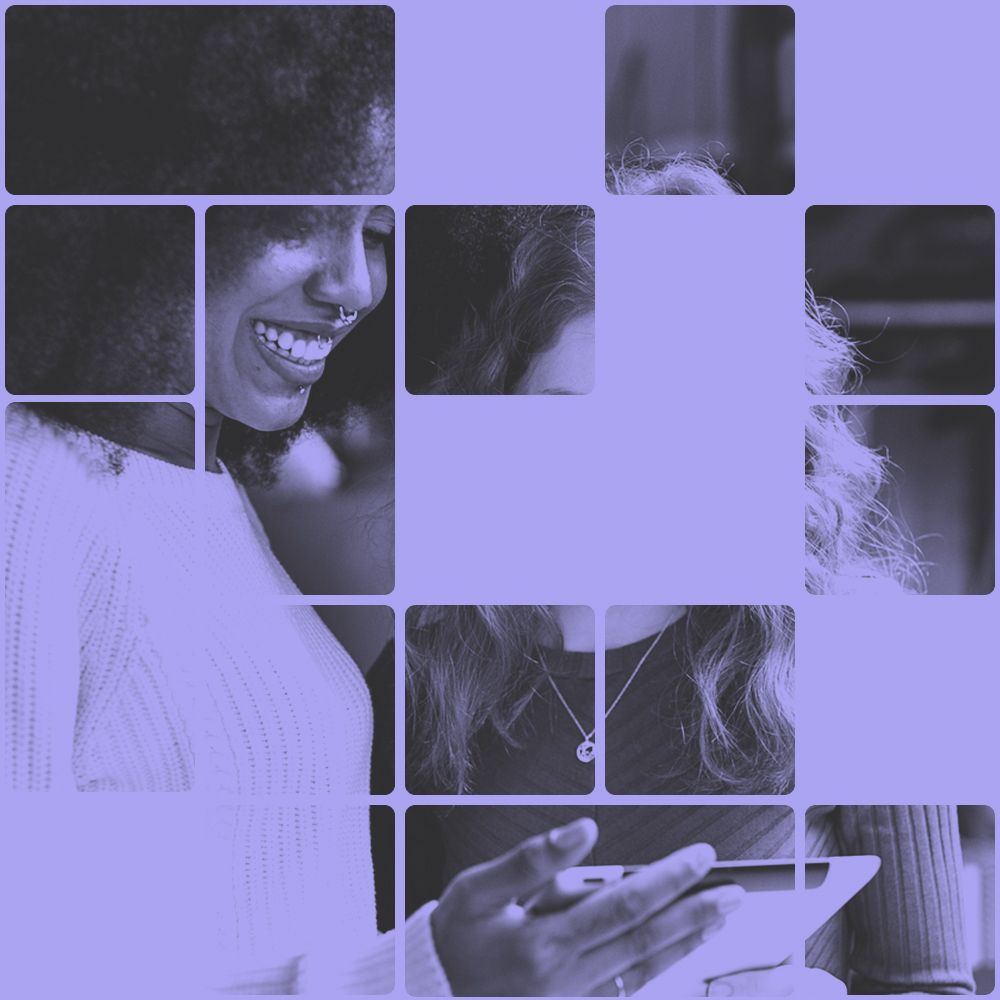 Where Did All My Work Friends Go?
Where Did All My Work Friends Go?The pandemic has forced our work friendships to evolve. Will they ever be the same?
By Rachel Epstein Published